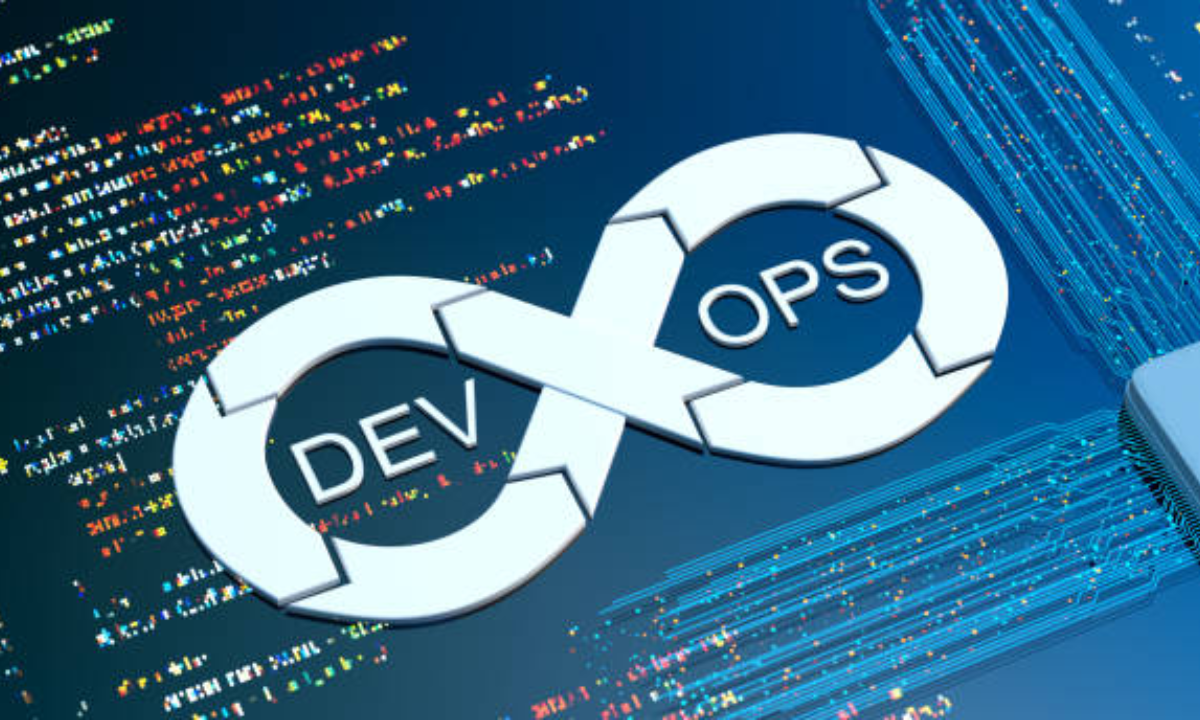Table of contents
|
1. What is DevOps? |
|
2. Overview of the DevOps Lifecycle |
|
3. DevOps Lifecycle Phases and Tools |
|
4. Why the DevOps Lifecycle Matters in 2025 |
|
5. Career Opportunities in DevOps |
|
6. Emerging Trends in DevOps |
|
7. Conclusion |
In the rapidly evolving tech landscape, the DevOps Lifecycle has become a cornerstone for organizations aiming to deliver high-quality software efficiently. By integrating development and operations, DevOps streamlines processes, enhances collaboration, and accelerates delivery. What is DevOps? It’s a set of practices and cultural principles that foster continuous improvement and automation in software development. This article explores the DevOps Lifecycle, its key DevOps lifecycle phases, essential tools, and the benefits of enrolling in a DevOps course in Bangalore.
We break down the DevOps lifecycle phases, their significance, and the tools that drive them. Whether you’re an aspiring engineer or a seasoned professional, this guide offers insights into mastering the DevOps Lifecycle for career success.
What is DevOps?
What is DevOps? DevOps is a methodology that combines software development (Dev) and IT operations (Ops) to improve collaboration, automate workflows, and deliver software faster and more reliably. It emphasizes practices like continuous integration, continuous deployment (CI/CD), and infrastructure as code (IaC). The DevOps Lifecycle provides a structured framework to implement these practices, ensuring seamless development and deployment cycles.
Understanding what is DevOps is the first step toward leveraging its benefits. A DevOps course in Bangalore offers a deep dive into DevOps principles, equipping learners with the skills to navigate the DevOps Lifecycle effectively.
Overview of the DevOps Lifecycle
The DevOps Lifecycle is a continuous process comprising several interconnected DevOps lifecycle phases: Plan, Code, Build, Test, Release, Deploy, Operate, and Monitor. Each phase contributes to delivering high-quality software while fostering collaboration and automation. By cycling through these phases iteratively, teams achieve faster releases, improved reliability, and enhanced customer satisfaction.
Mastering the DevOps Lifecycle requires familiarity with each phase and the tools that support them. A DevOps course in Bangalore provides hands-on training to implement these phases, preparing professionals for real-world DevOps challenges.
DevOps Lifecycle Phases and Tools
1. Plan
The Plan phase involves defining project goals, requirements, and workflows. Teams use tools like Jira or Trello for agile project management, creating backlogs and sprints. Effective planning aligns development and operations, reducing miscommunication.
A common mistake is vague planning, leading to scope creep. A DevOps course in Bangalore teaches structured planning techniques, ensuring clarity in the DevOps Lifecycle.
2. Code
In the Code phase, developers write source code using version control systems like Git (hosted on platforms like GitHub or GitLab). This phase emphasizes collaboration and code quality. Missteps like poor version control can cause conflicts.
Training in Git and coding best practices, offered in a DevOps course in Bangalore, ensures efficient code management within the DevOps Lifecycle.
3. Build
The Build phase compiles code into executable artifacts using tools like Maven or Gradle. Automation here ensures consistency. Errors, such as missing dependencies, can halt builds.
A DevOps course in Bangalore covers build automation, helping learners streamline this critical DevOps lifecycle phase.
4. Test
Testing verifies code quality through automated tools like Selenium, JUnit, or TestNG. This phase catches bugs early, ensuring reliability. Skipping tests can lead to defective releases.
A DevOps course in Bangalore provides expertise in test automation, enhancing the DevOps Lifecycle’s quality assurance.
5. Release
The Release phase prepares artifacts for deployment using tools like Jenkins or GitLab CI for CI/CD pipelines. It ensures stable, versioned releases. Poor release management can cause deployment failures.
Training in CI/CD pipelines, part of a DevOps course in Bangalore, optimizes this DevOps lifecycle phase.
6. Deploy
Deployment involves releasing artifacts to production or staging environments using tools like Ansible, Terraform, or Kubernetes. Automation ensures consistency across environments. Misconfigurations can disrupt services.
A DevOps course in Bangalore teaches infrastructure as code (IaC) and containerization, streamlining deployment in the DevOps Lifecycle.
7. Operate
The Operate phase involves managing live applications, ensuring performance and availability. Tools like Docker and Kubernetes support scalable operations. Neglecting system health can lead to downtime.
A DevOps course in Bangalore covers operational best practices, ensuring robust management in the DevOps Lifecycle.
8. Monitor
Monitoring tracks application performance and user experience using tools like Prometheus, Grafana, or ELK Stack. It identifies issues proactively, enabling quick fixes. Inadequate monitoring can delay issue detection.
A DevOps course in Bangalore provides training in monitoring tools, completing the DevOps Lifecycle’s feedback loop.
Why the DevOps Lifecycle Matters in 2025
The DevOps Lifecycle is critical in 2025, with the global DevOps market projected to exceed $20 billion by 2026. What is DevOps if not a catalyst for faster, more reliable software delivery? By mastering DevOps lifecycle phases, organizations reduce time-to-market, enhance quality, and improve customer satisfaction. Professionals skilled in these phases are in high demand for roles like DevOps engineer and site reliability engineer (SRE).
Career Opportunities in DevOps
The demand for DevOps professionals is soaring, driven by the need for automation and cloud-based solutions. Bangalore, a tech hub, is an ideal location for pursuing a DevOps course in Bangalore, offering access to top-tier training and job opportunities with leading tech firms.
Emerging Trends in DevOps
In 2025, the DevOps Lifecycle evolves with trends like AI-driven automation, GitOps, and serverless architectures. These advancements enhance efficiency and scalability, making expertise in DevOps lifecycle phases invaluable.
Conclusion
The DevOps Lifecycle is a powerful framework for delivering high-quality software efficiently. By understanding what is DevOps and mastering DevOps lifecycle phases—Plan, Code, Build, Test, Release, Deploy, Operate, and Monitor—professionals can drive innovation. A DevOps course in Bangalore from Apponix Academy offers hands-on training with tools like Jenkins, Kubernetes, and Prometheus, preparing you for a rewarding career. Start your journey today to excel in the DevOps Lifecycle and shape the future of software development.





